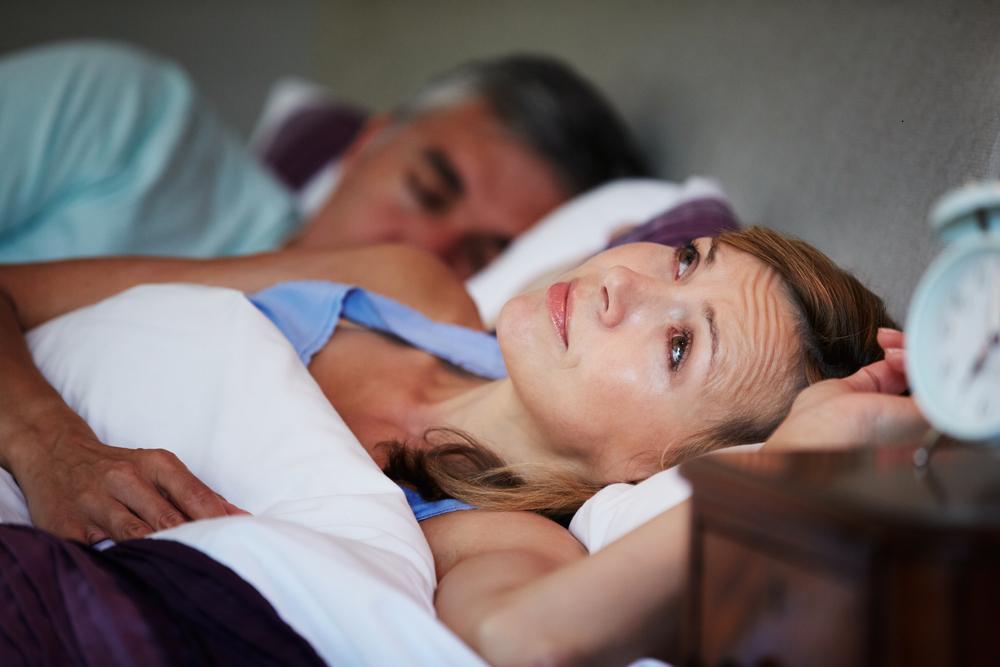Symptoms Of Anxiety And Some Effective Ways To Cope With It
Anxiety is often confused with feelings of nervousness and restlessness. You might be restless about completing something or waiting for someone, nervous about a big presentation or a job interview but this does not mean that you are anxious. Anxiety is a mental condition and should not be confused with emotions that are felt due to anticipation. Yes, anxiety can have triggers and feelings of nervousness and restlessness as well as a fear of doing a certain activity qualify as triggers. However, this does not mean that a person who is nervous or restless has anxiety. There are certain behavioral changes and patterns that are aligned with anxiety or panic.

While it is known that the symptoms for anxiety vary from person to person, the human body is suited to react similarly to anxiety. The first response of the body when it feels anxious is to adopt the ‘fight or flight’ response as it senses possible danger.
The light in your room seems too bright to you, every ambient sound sounds like someone shouting in your eardrums, your heart seems like it will jump out of your chest. Your entire body starts shaking, you start having difficulties in breathing easily, you have a strong desire to escape, scream or hide in a corner and cry.
If you are suffering from an anxiety disorder, an anxiety attack can happen to you at any moment. In some cases, it will come with a warning but sometimes, it will hit you out of nowhere. Those 10 minutes will feel like the worst 10 minutes of your life and you will also start fearing death. However, it is actually just a boost of adrenaline into your bloodstream that causes the anxiety. Following are some of the common anxiety and panic symptoms that you can take as signs for an anxiety attack and try to calm yourself.
A strike of panic
It is normal for us to feel a sudden strike of panic. However, during an anxiety attack, your panic will be at very high levels. It is described as insane and overwhelming by most patients.
Hyperventilation
While having an anxiety attack, you will face a difficulty in breathing with ease. The situation gets worse if you are crying. As crying can make it difficult for you to breathe.
Shaking or trembling
Once the anxiety starts taking over your mind, there is a high possibility that you will feel jitters throughout your body. These can cause your hands to shake or tremble.
Heart palpitations
You will feel a sudden rise in your heartbeats as your anxiety increases. The accelerated heartbeat can also cause heart palpitations.
Numbness
As the jitters envelope your body, you will also start to feel a slight numbness in some parts of your body. Your feet and hands are the most likely to go numb.
Detached
When are you are suffering from anxiety, even your favorite activities might feel troublesome to you. You feel detached from everything and everyone, there is an entire different world in your head.
Fear of death
You will feel like all parts of your body are dysfunctional, you have cold sweats, difficulty in breathing, followed by a strong fear of these being your last few breaths.
An anxiety attack comes with most of the abovementioned symptoms. These can come one after the other or all at once. These symptoms can seem fatal, but they do not last very long. The average time of an anxiety attack is 10 minutes and the minimum being 30 seconds, while the maximum being a troublesome half an hour.
The above symptoms are a clear indicator that dealing with an anxiety attack can be extremely difficult. Following are some ways of coping with one:
A simple stretch
If you start feeling anxious, get up and try doing something as simple as stretching. If you can get yourself to yawn with the stretching, then that will do a whole lot of good to your anxiety attack. Stretching and yawning can immediately interrupt the anxiety and release the tension in the muscles.
Drink ice-cold water
An ice-cold glass of water can work well in bringing down your panic as well as your body’s temperature. Take small sips of the cold water and focus on every single gulp. While doing this, you must imagine your body cooling down.
Focus using your peripheral vision
This simple meditation technique can help you activate your parasympathetic nervous system. You need to focus your gaze on an imaginary object in front of you, then relax it and use your peripheral vision. This will signal your brain to relax. Try practicing this technique, so that it can help you relax better while you are having an anxiety attack.

